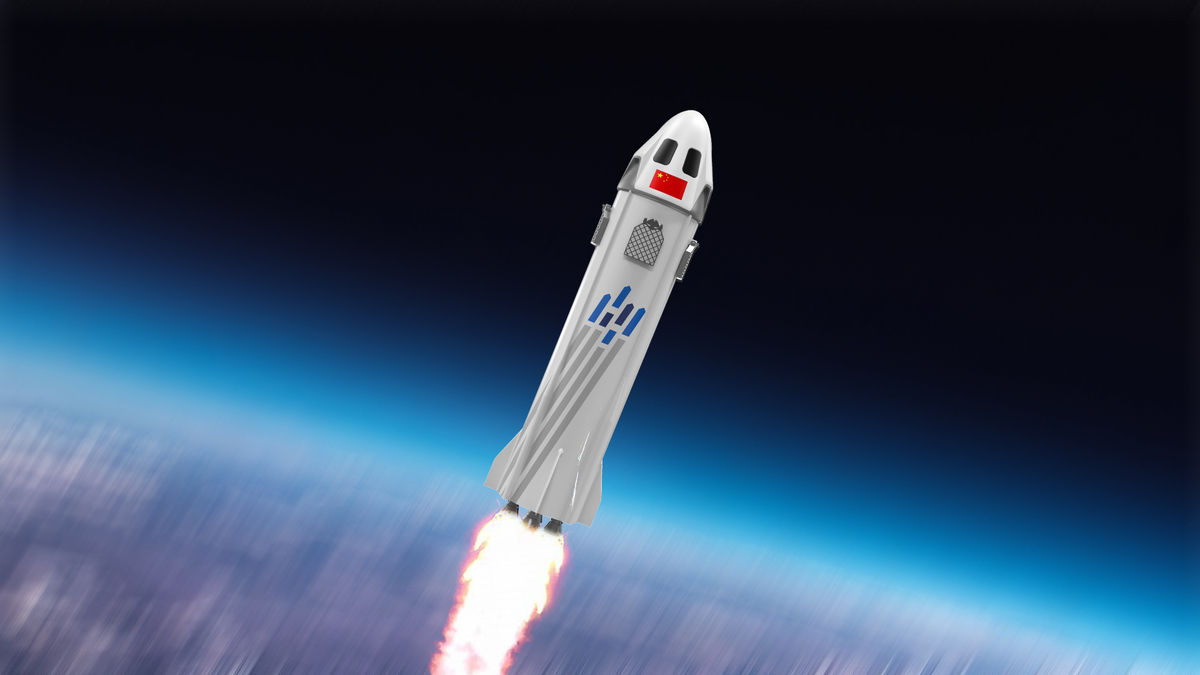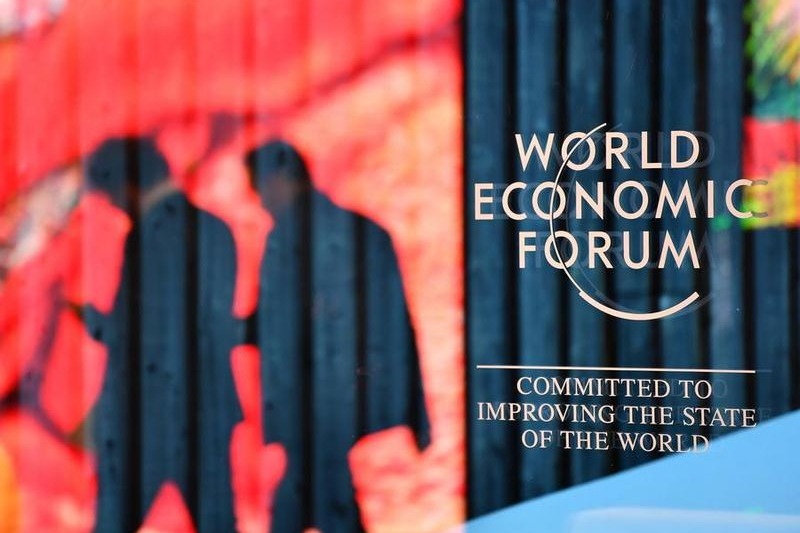Short space trips for paying passengers on the way
By ZHAO LEI | CHINA DAILY | Updated: 2022-07-14 07:23

CAS Space, a Beijing-based rocket company owned by the Chinese Academy of Sciences, is designing a set of reusable rocket and spacecraft, with the aim of sending paying passengers on short trips into space, said the company's chairman.
Yang Yiqiang, a senior rocket scientist and founder of CAS Space, told China Daily in an exclusive interview on Wednesday that if everything goes according to plan, the combination of the rocket and spaceship will become mature after at least 15 test flights and will be able to transport up to seven tourists each time to an altitude of more than 100 kilometers, about 10 times the cruising altitude of a commercial jetliner.
That will take passengers across the Karman Line, the globally recognized boundary between Earth's atmosphere and the edge of space.
The trip into space will last several minutes, long enough to allow passengers to get a magnificent view of the stars and Earth and experience weightlessness, Yang said.
"Along with the rapid development of space technology, a space tour for ordinary people is no longer a fantasy but is becoming a reality. A trip to outer space will bring tourists a brand-new experience they've never had before," he said.
"Our idea is that after the rocket reaches the Karman Line, the spacecraft will separate and then continue to fly with the force of inertia. The rocket will reenter the atmosphere and make a soft landing using its own engines, while the spaceship will return with its parachutes," Yang said, adding that the landing zone will be in a sparsely populated area in northwestern China.
According to Yang, the rocket will be propelled by five engines and will have a weight of 70 metric tons. The spacecraft will be three meters tall with a diameter of 3.35 meters and will have four large windows. It will operate in accordance with preset programs, with no pilot or controllers inside the spacecraft.
The scientist said his company is planning for the rocket's first flight in 2023 in order to verify its overall design, the engines' capability and the landing equipment.
Once the program is open to the public, anyone willing to pay about $300,000 for this orbital journey will initially go through a training session which will be a simplified version of flight education for Chinese astronauts, he said.
Dennis Tito, an engineer and multimillionaire from the United States, was the world's first space tourist. Together with two Russian cosmonauts, Tito joined the Russian Soyuz TM-32 mission and spent nearly eight days in space. Since then, more than 10 people around the world have rocketed into space at their own expense.
CAS Space recently signed a strategic cooperation agreement with CTG Travel, a major State-owned travel agency, to work together to tap the space tourism market.
Currently, Yang's team is preparing for the debut flight of the company's first product, the Lijian 1, or Powerful Rocket 1, a solid-propellant rocket, which is scheduled to take six small satellites into space.
The 31-meter rocket will be able to transport satellites weighing 1.33 tons to a 700-km-high sun-synchronous orbit, designers said.
zhaolei@chinadaily.com.cn
























